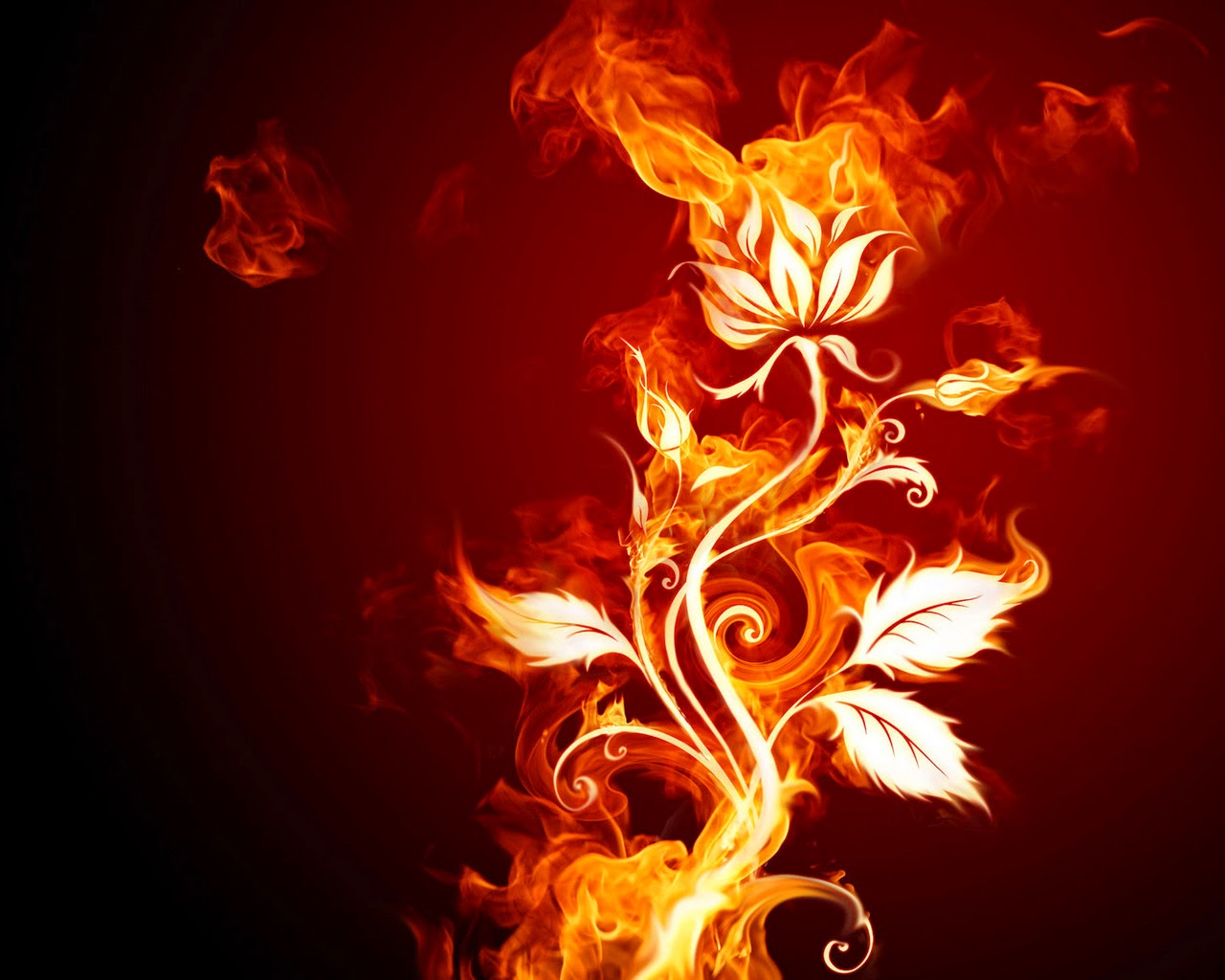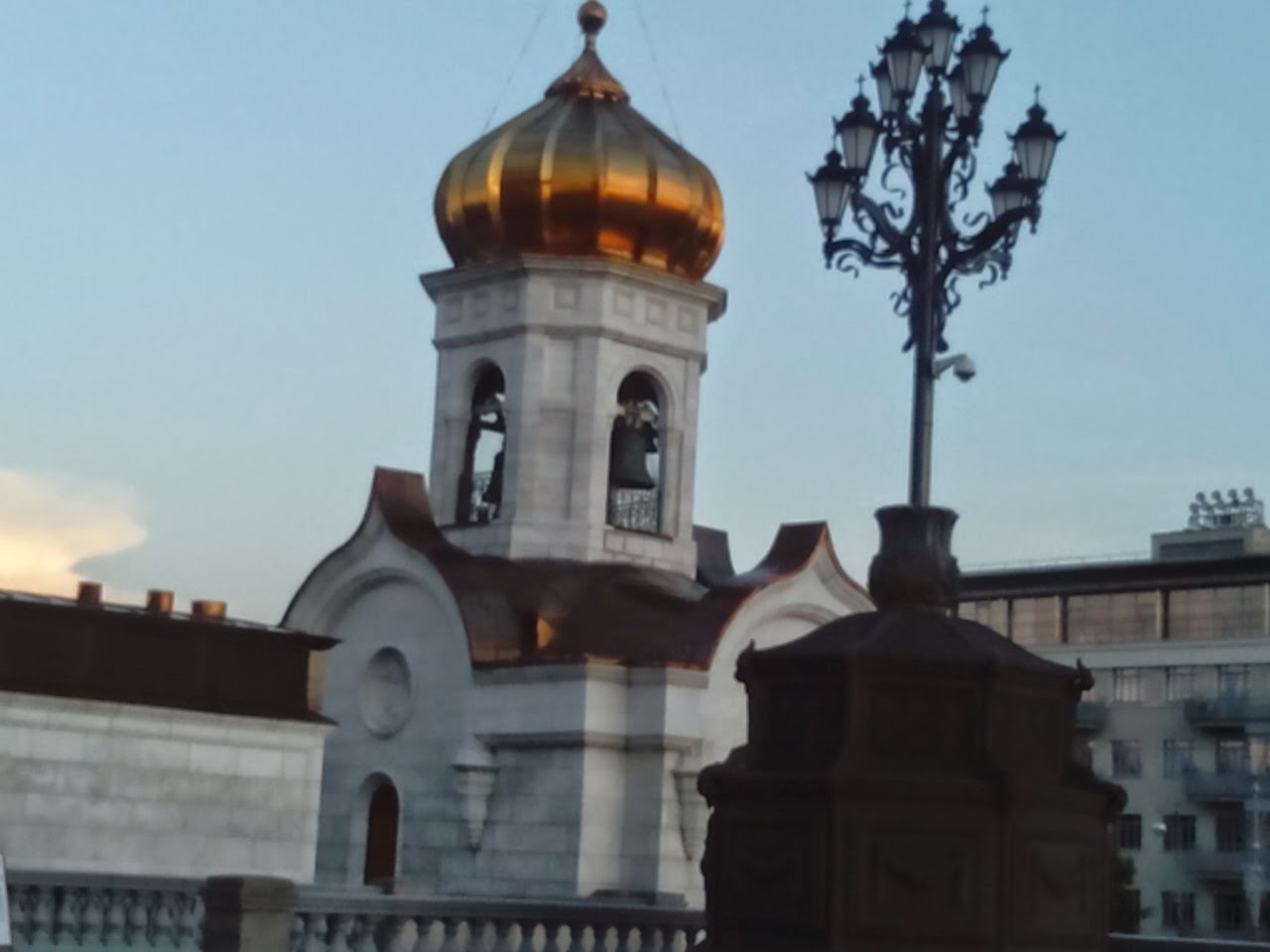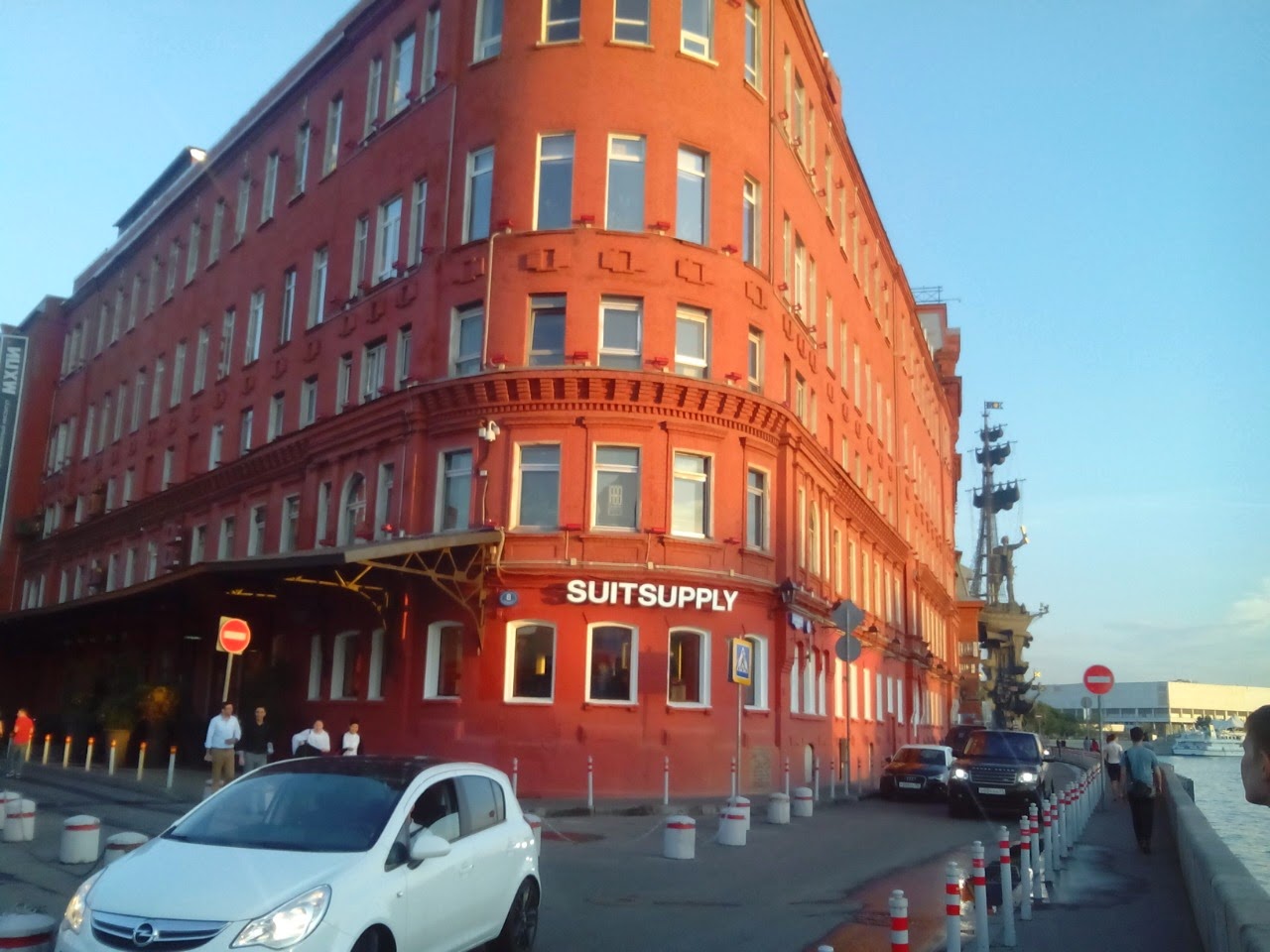Animal - el caballo. Antes se creyó que el antepasado del caballo doméstico era el caballo de Przewalski, pero después de que las pruebas genéticas revelaron que su antepasado - Tarpan, un caballo de tamaño medio valiente y fuerte.
De antigüedad para el día de hoy la gente se transfiere historias interesantes sobre caballos. Aunque ello pertenezca a esferas diferentes de su actividad. Pero si mira hacia atrás en la historia, puede ver que en ninguna parte y nunca no se destina a un caballo tanto como el mongol-Tatars en el auge de su Imperio.
¿Así pues, qué es tan atractivo en estos animales únicos? Esto, por supuesto, no sólo es útil para la vida humana en esferas diferentes, pero mejor dicho una relación asombrosa que existe entre la gente y animales por el contacto directo. Así los caballos están en los cinco primeros animales más elegantes en el planeta.
Se sabe que la INCURSIÓN lejana y rápida en la historia ha hecho al jefe militar Genghis Khan, después de luchar durante dos años a 10 mil kilómetros ( Sus caballos del ejército era aproximadamente 100 mil), ganando un territorio enorme.
El éxito que han ganado a través de sus caballos, porque se alimentaron exclusivamente de la hierba que creció en la tierra, y hasta de debajo la nieve para encontrar la comida. Y los soldados se salvaron del hambre comiendo la carne de caballo por lo que se debilitaron e hirieron animales.
Pero de todos modos la comida principal de los jinetes era la leche de Yegua, que contiene una cantidad enorme de sustancias útiles, incluso antibióticos naturales.
Hay que notar que durante la caballería de la Guerra civil otra vez vino a la vanguardia. Y un papel especial en la historia de Rusia se desempeñó por el generado el 17 de noviembre de 1919, el Primer ejército de la Caballería bajo el mando de S. M. Budyonny, marcando numerosas victorias sobre las fuerzas del ejército Blanco.
Más tarde, en 1949, se engendró una nueva clase de caballo- Budennovsk. E interesante sobre caballos la clase de Budenny, podemos decir que, gradualmente, durante muchos años de cría, dentro de la caballería se convirtió en unos caballos del deporte- pura sangre afortunados.
En 1953 en Noruega se abrió el primer Centro del mundo de la equitación terapéutica para niños con discapacidades. Y hoy, muchos países desarrollados usan activamente el método de hippotherapy.
Y no me extraña cada vez más popular para el tratamiento de muchas enfermedades gana hippotherapy. Y contribuya a este historias emocionantes e increíbles que ocurren durante el contacto de hombre y caballo. Por ejemplo, la caballería del atleta Liz Hartel, se paralizó parcialmente, pero siguió con su caballo, y nueve años más tarde era capaz de recuperarse y ganar la plata en los Juegos Olímpicos.
La influencia enorme de caballos en la gente, y Viceversa, aún totalmente no nos entendemos. Y, por supuesto, estudiando estos animales dignos, hermosos y elegantes, la gente se maravillará de su inteligencia extraordinaria y fidelidad.
 Animal - the horse. Previously it was believed that the ancestor of the domestic horse was the Przewalski's horse, but after genetic tests revealed that her ancestor - Tarpan, a brave and hardy medium-sized horse.
Animal - the horse. Previously it was believed that the ancestor of the domestic horse was the Przewalski's horse, but after genetic tests revealed that her ancestor - Tarpan, a brave and hardy medium-sized horse.
From ancient times to the present day people are transferred interesting stories about horses. And belong to different spheres of their activity. But if you look back in history, you can see that nowhere and never a horse is not meant so much as the Mongol-Tatars in the heyday of their Empire.
So what is so attractive in these unique animals? This, of course, not only is it useful for human life in different spheres, but rather an amazing relationship that exists between people and animals by direct contact. Because horses are in the top five smartest animals on the planet.
 It is known that the far and fast RAID in history has made two warlord Genghis Khan, after fighting for two years to 10 thousand kilometers (horses in the army was about 100 thousand) , winning a huge territory. The success they have gained through their horses, because they were fed exclusively that grew on the earth, and even under the snow to find food.
It is known that the far and fast RAID in history has made two warlord Genghis Khan, after fighting for two years to 10 thousand kilometers (horses in the army was about 100 thousand) , winning a huge territory. The success they have gained through their horses, because they were fed exclusively that grew on the earth, and even under the snow to find food.
And the soldiers were saved from starvation by eating horse meat weakened and injured animals. But still the main meal of the riders was Mare's milk, which contains a huge amount of useful substances, including natural antibiotics.
It should be noted that during the Civil war cavalry again came to the forefront. And a special role in the history of Russia was played by generated on November 17, 1919, the First Cavalry army under the leadership of S. M. Budyonny, scoring numerous victories over the forces of the White army.
Later, in 1949, was bred a new breed of riding horse - Budennovsk. And interesting about horses Budenny breed, we can say that, gradually, through many years of breeding, they are from the cavalry turned into a successful thoroughbred sport horses.
In 1953 in Norway was opened the world's first Center for therapeutic riding for children with disabilities. And today, many developed countries are actively using the method of hippotherapy.
And no wonder more and more popular for the treatment of many diseases is gaining hippotherapy. And contribute to this exciting and incredible stories that occur during contact of man and horse. For example, the athlete cavalry Liz Hartel, being partially paralyzed, continued with his horse, and nine years later was able to recover and win the silver at the Olympic games.
The huge influence of horses on humans, and Vice versa, yet we are not fully understood. And, of course, studying these worthy, beautiful and graceful animals, people will marvel at their extraordinary intelligence and fidelity.
Животное - лошадь. Раньше считалось, что предком домашней лошади была лошадь Пржевальского, но после генетических исследований выяснилось, что ее прародитель - тарпан, отважная и выносливая некрупная лошадка.
С древних времен и до наших дней людьми передаются интересные истории о лошадях. Причем относятся они к различным сферам их деятельности. Но если заглянуть вглубь истории, можно увидеть, что нигде и никогда лошадь не значила так много, как у монголо-татар в расцвете их империи.
Что же так привлекает в этих уникальных животных? Это, конечно, не только их польза для жизнедеятельности человека в различных сферах, а скорее удивительная связь, возникающая между людьми и животными, при непосредственном контакте. Ведь лошади входят в пятерку умнейших животных планеты.
Известно, что самый дальний и быстрый рейд в истории совершили два полководца Чингисхана, пройдя с боями за два года 10 тысяч километров (коней в этом войске было около 100 тысяч) , завоевав при этом огромные территории.
Успех они одержали благодаря своим лошадям, ведь те кормились исключительно тем, что росло на земле, и даже под снегом находили себе провиант.
А воины спасались от голода, поедая конину ослабленных и раненых животных. Но все же основной едой наездников было кобылье молоко, в котором содержится огромное количество полезных веществ, в том числе и природные антибиотики.
Надо отметить, что именно во времена Гражданской войны конница вновь вышла на передний край. И особую роль в истории России сыграла сформированная 17 ноября 1919 года Первая Конная армия под предводительством С. М. Буденного, одержав многочисленные победы над силами Белой армии.
В дальнейшем, в 1949 году, была выведена новая порода верховой лошади - буденновская. И, интересное о лошадях буденовской породы, можно сказать то, что постепенно, благодаря многолетней селекции, они из кавалерийских превратились в чистокровных успешных спортивных лошадей.
В 1953 году в Норвегии был открыт первый в мире Центр лечебной верховой езды для детей-инвалидов. И на сегодняшний день, многие развитые страны активно используют метод иппотерапии.
И недаром все большую популярность для лечения многих заболеваний завоевывает иппотерапия. А способствуют этому интересные и невероятные истории, происходящие во время контакта человека и лошади. Так, например, спортсменка-конница Лиз Хартелл, будучи частично парализованной, продолжала заниматься со своим конем и спустя девять лет смогла полностью излечиться, и завоевать серебро на Олимпийских играх.
Огромное влияние лошадей на человека, и наоборот, еще нами до конца не изучено. И, безусловно, изучая этих достойных, красивейших и грациозных животных, люди будут удивляться их необыкновенному уму и верности.











































































